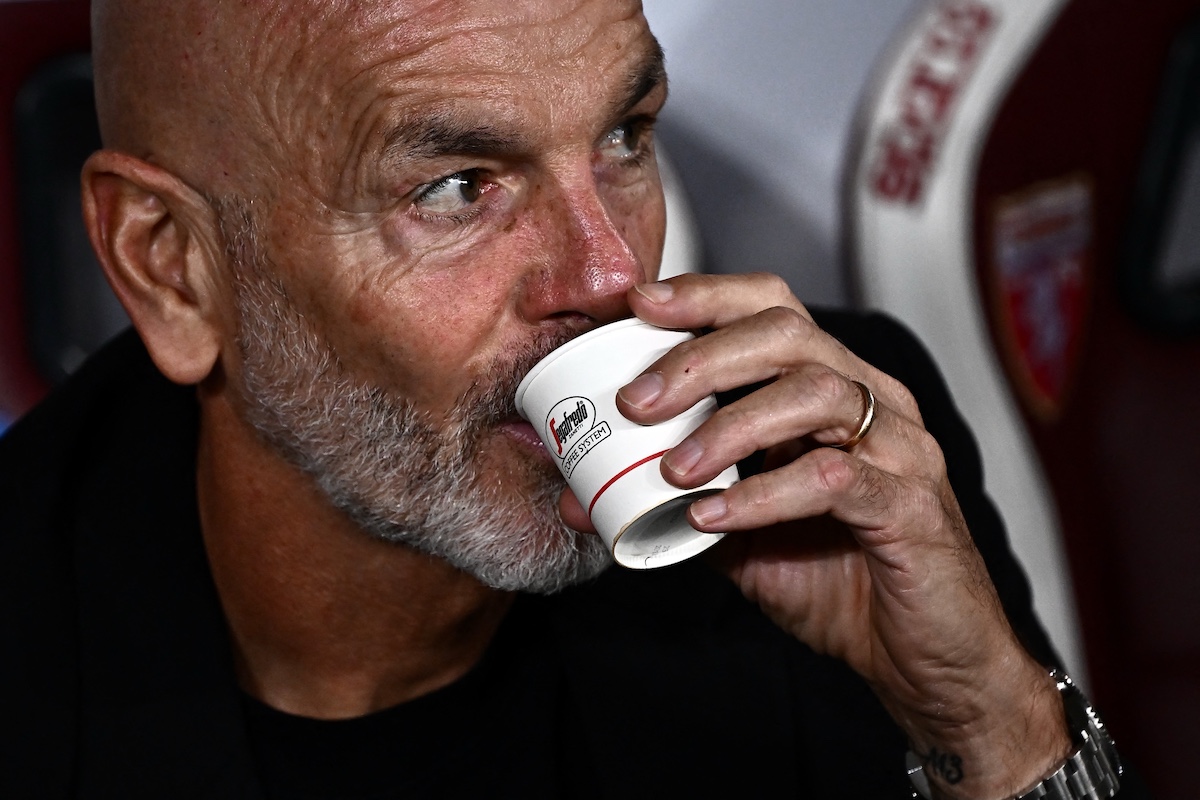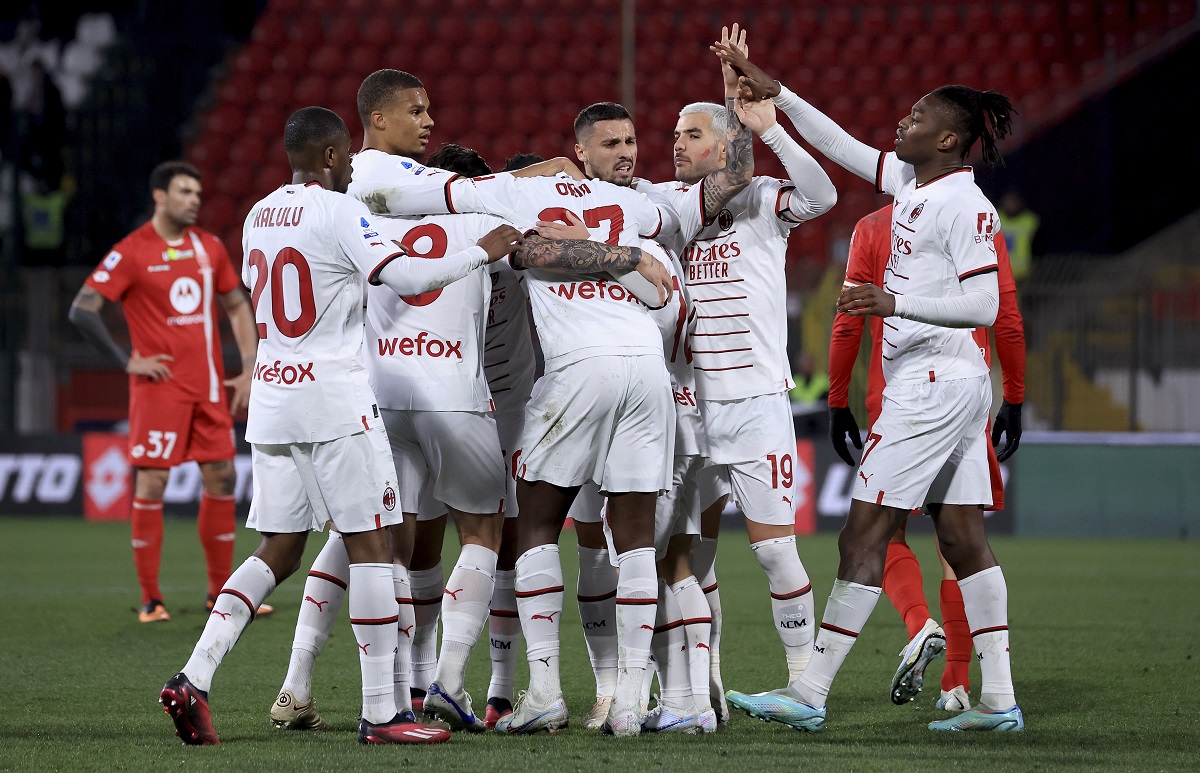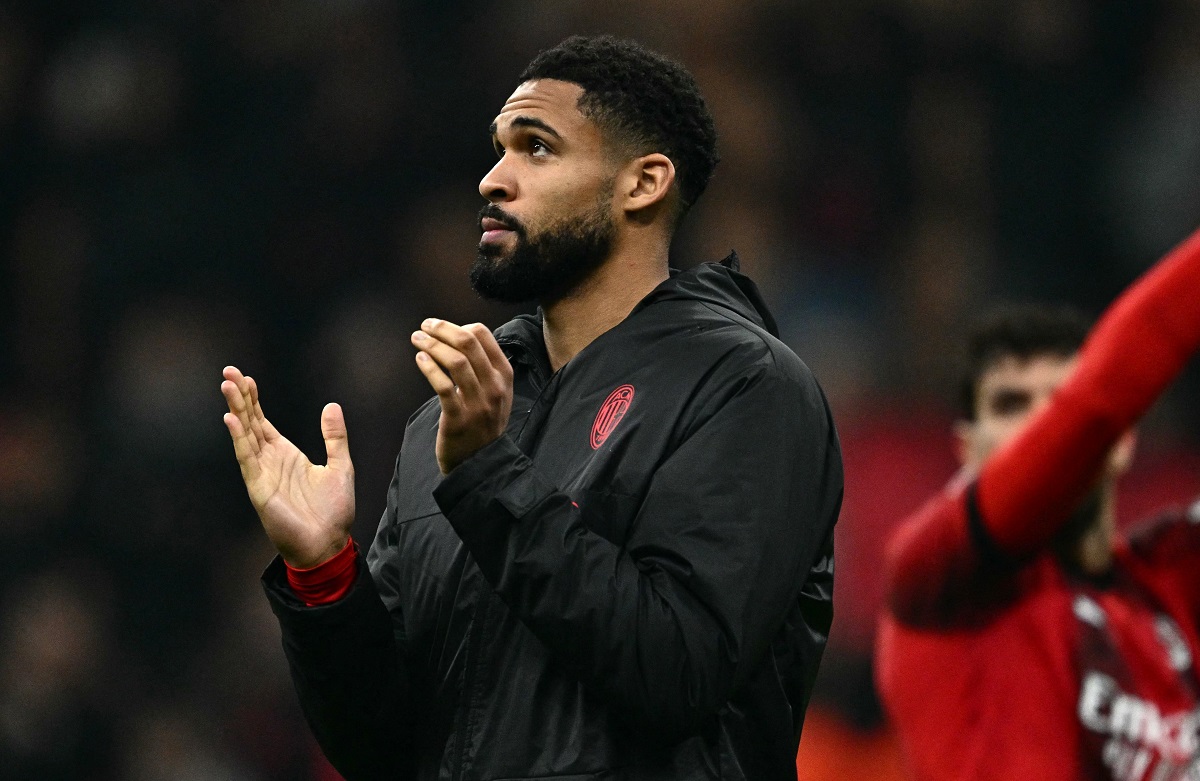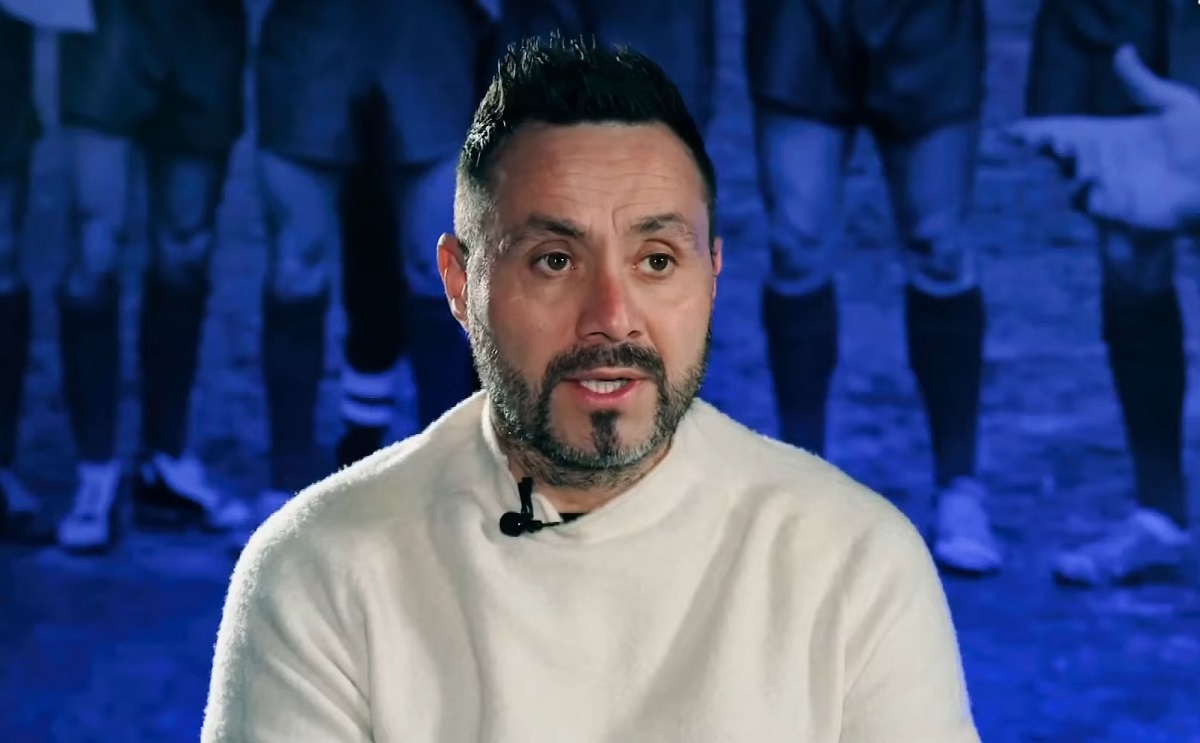Ismael Bennacer made his long-awaited return to the field during the recent win over Frosinone, and he has given an interview about a number of topics from his upbringing to aspirations for the future.
Bennacer had not set foot on the pitch since May 10, when he suffered a serious injury to his right knee in the first leg of the Champions League semi-final against Inter. He underwent surgery a few days after, and 206 days later he was back on the pitch in the 3-1 victory on Saturday night.
Milan now have an abundance of players for the midfield as Bennacer joins Adli, Krunic, Musah, Pobega, Reijnders and Loftus-Cheek. The feeling is that he will soon have a starting spot back, once his fitness is closer to 100%.
Milan published a new video format on their official channels called ‘Roots’ – a documentary that delves into the origins of players within the squad – and the first chosen was Bennacer.
He spoke about his childhood and the fundamental turning points of his career, while during the video there were words from family members, former coaches and more.
What was your childhood in Arles like?
“Where it all began, where it all began, where I was born, where I kicked a ball for the first time. Here I did almost everything until I was 17, in my neighbourhood. When I come back I come here and it will always be like this: my parents don’t want to go to another house and it’s better for me so all my things remain.
“My neighbourhood was quiet but there were also dangerous ones, even today. I saw tough and ugly things. I wanted to play with the older players, when I arrived everyone laughed, then they saw the determination I had for everything, not just football, and they immediately included me in their group. This thing made me grow more”
How did your relationship with football begin?
“I took the ball everywhere, really: I took the ball everywhere. At school I played football with my class and therefore I trained with them; then I trained with the team in Arles; after all that I played futsal with the people who live in the neighbourhood. I did three workouts.
“I knew that if I worked more than others, it was normal that I would have something more. I must not forget where I come from, it is very important for me and for my family.”
Tell us a bit about Zlatan Ibrahimovic…
“I’ve never seen a leader like him. We have a somewhat special relationship because he makes me learn a lot: I see Zlatan as a great brother, he advises me and when I write him a message he is always available.”
You moved to England to join Arsenal in 2015…
“I didn’t want to leave France but then I needed training because I had it in Arles but at Arsenal it was different: one of the best youth sectors in Europe. A very very nice experience. In Arles where I live it is a small neighbourhood and there is nothing: in London however there was everything.”
And then you went to Empoli…
“I think it was the most dangerous choice of my career but in any case I am a player who likes to take risks, even on the pitch, and then I wanted to play, I wanted to show my qualities to everyone.
“Empoli was the only team that wanted me so badly. A tough decision but when you have the confidence to work well and you put patience into it, you get rewarded in the end: and I think I was rewarded in the end.”
What was it like when the call came from Milan?
“When Milan called me, I didn’t think too much about it. I knew they wanted me so much. I think Milan was the perfect team for me to work well. Talent is something you can have but it’s the work that makes you become the person and player you want to be.
“Sometimes when I’m on the training pitch I look at the badge on my chest and say to myself: ‘Wow, I play for Milan’. Then I think about where I was, where I come from, and when you think about these things you always want to do more.”
What was the feeling llike after the Scudetto win?
“Until Sassuolo I was normal but then when we won it it was something else: it was incredible to experience with the fans. I was very happy for them and for having given them this gift, for having written history for this company. I celebrated a lot.”
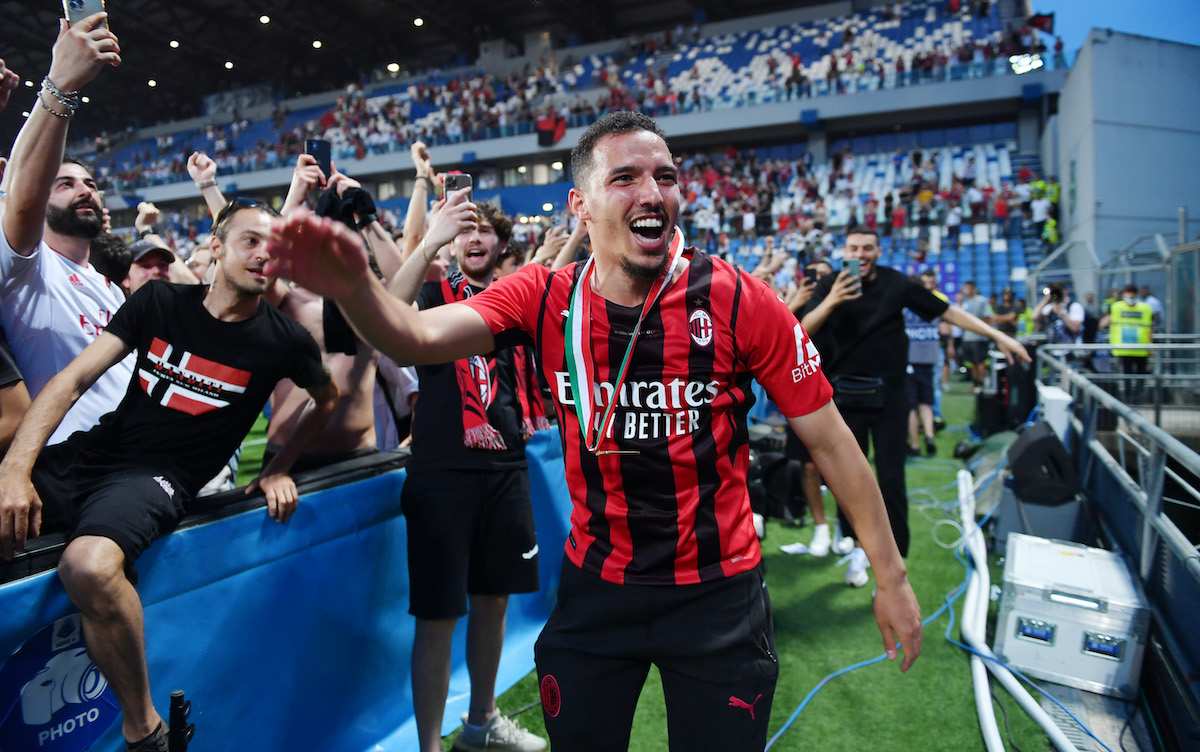
How would you describe your time at Milan so far?
“I learned a lot in my work but also in my life here. I grew up a lot in the city. Now that I have children, I think of doing everything for them as my parents did for me: of being with them, of explaining things to them to have the right mentality of never leaving what they want.
“I am very happy here in Italy and in Milan, no one tells me anything and everyone understands me, this is very important for me because my life depends on my religion. When people understand this, it means that I have made a good step: they are very good here.
“I try to shape my life around my religion, not the other way around. It’s hard to wake up during the night to pray but we do it for a purpose, not just for the sake of it.”
What made you choose Algeria?
“A choice I made very young, I didn’t want to wait and I wanted to play for one of these two countries: my father’s Morocco or my mother’s Algeria. The heart is for both of us.
“I learned to know Algeria more, a very particular country: football in the country handles a lot of problems, when it goes well the country is happy. I will never have regrets for choosing Algeria, I am very, very proud.”
What individual aims do you have?
“Personally, the Ballon d’Or: it is the most prestigious thing in football. I put this goal in my head, so I won’t have regrets. I have to do everything to get it and I have to work a lot. Winning it would mean many things: having done well with your team and with the national team.”


